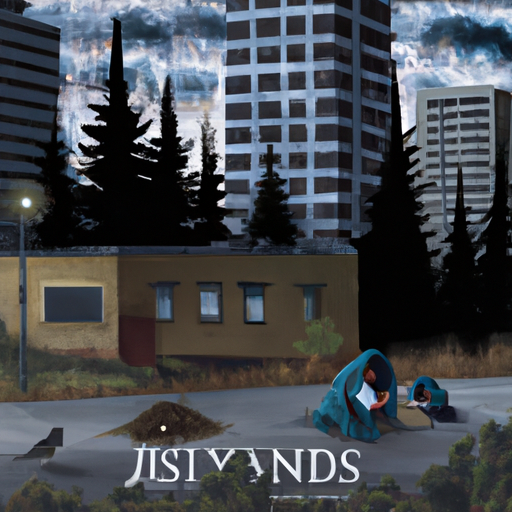All Talk and No Action – B.C. Drug Policies Under Fire Amidst the Opioid Crisis
What seems to be taking place in the epicenter of the Canadian opioid crisis is no laughing matter. Last week, Judy Wilson, Chief of the Neskonlith Indian Band of the Secwepemc Nation, criticized the B.C government’s efforts towards the opioid crisis as being nothing more than a ‘joke’. Despite putting forth an opioid class action lawsuit, the government seems to be taking very little initiative in dealing with the arising issues that are becoming runaway problems due to the crisis.
The Magnitude of the Crisis
The opioid crisis is wreaking havoc on cities everywhere, particularly in B.C. A record-breaking 1,716 deaths in 2020 alone were due to drug overdose. Despite the glaring desperateness of the situation, it seems that there is still a lack of action from the government bodies that are supposed to step in and address the crisis. This is causing frustration among community leaders and citizens alike who are bearing the brunt of the crisis.
The Woes of Lack luster Policies
Essential elements that make up an effective response to any crisis are missing in the case of the opioid crisis in British Columbia. An array of problems such as homelessness and crime have increased in the wake of the opioid crisis. Despite these, there seems to be no discernible action to alleviate these issues.
The Desperate Call for Tangible Action
In an attempt to address these issues, Chief Wilson suggests a multi-pronged approach that includes improved housing facilities for the homeless, tackling crimes and ramped-up distribution of naloxone, an antidote for opioid overdoses. However, without adequate government support and implementable strategies, these suggestions remain a mere plan with little hope of being put into action any time soon.
Highlights of The Current Situation:
- Record-breaking 1,716 deaths in B.C due to drug overdose in 2020.
- Rising incidents of homelessness and crime due to the opioid crisis.
- Inadequate government response towards the crisis despite launching an opioid class action lawsuit.
- Ramped-up distribution of naloxone needed in the face of increasing opioid overdoses.
- The need for a multi-pronged solution to address the different facets of the crisis.
Conclusion
The distressing scenario unfolding due to the Canadian opioid crisis, especially in B.C, certainly calls for immediate, tangible action. Chief Wilson’s sentiments echo the frustrations faced by many across the province. The opioid class action lawsuit seems more like a performance rather than a genuine effort to ameliorate the impacts of the crisis. While for many, the statistics might just be numbers, for the individuals, families and communities affected by it, it represents grave reality – a reality that requires more than just a token action. It’s high time the opioid crisis is addressed with concrete actions that can curb its devastating effects and bring solace to the affected.


